Search Results
Showing results 1 to 20 of 28
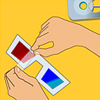
Seeing 3D
Source Institutions
Create 3D glasses and use them to explore color, light and optics. Fool your brain into 'seeing' three dimensions on a flat surface!
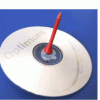
CD Spinner
Source Institutions
In this activity, learners create a simple “top” from a CD, marble and bottle cap, and use it as a spinning platform for a variety of illusion-generating patterns.
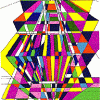
Our Sense of Sight: Color Vision
Source Institutions
In this activity, learners investigate color vision as well as plan and conduct their own experiments.
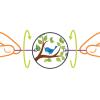
Thaumatropes
Source Institutions
In this activity, learners will make a thaumatrope, an old-fashioned optical illusion that dates back to the 1820s.
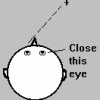
Our Sense of Sight: How We Perceive Movement, Depth and Illusions
Source Institutions
In this activity, learners investigate visual perception as well as plan and conduct their own experiments.
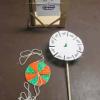
Spinning Illusions
Source Institutions
In this activity, learners construct three optical illusion toys to examine how our brains play tricks on what we see.
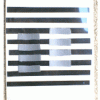
Sliding Gray Step
Source Institutions
How can you make one shade of gray look like two? By putting it against two different color backgrounds! This activity allows learners to perform this sleight of hand very easily.

Stroboscope
Source Institutions
In this activity (posted on March 20, 2011), learners follow the steps to construct a stroboscope, a device that exploits the persistence of vision to make moving objects appear slow or stationary.
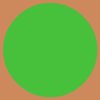
Mix-N-Match Light
Source Institutions
This is an online exhibit about color perception. Learners set a random background color and then try to mix red, blue, and green light to match.
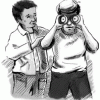
Seeing Is Believing
Source Institutions
This activity is designed to accompany the PBS documentary about African-American chemist "Percy Julian: Forgotten Genius." Learners look through two cups with small holes in them to simulate what it'
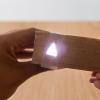
Afterimage
Source Institutions
In this activity about light and perception, learners discover how a flash of light can create a lingering image called an "afterimage" on the retina of the eye.
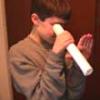
X-Ray Vision?
Source Institutions
In this activity (13th on the page), learners complete a simple illusion trick to see through their own hand.
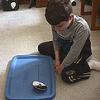
Benham's Disk
Source Institutions
In this activity, learners make a Benham Top to explore visual illusions and optics.
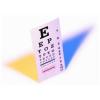
Measure Your Ability to See
Source Institutions
In this exercise (Activity #2 on page), learners test their distance vision to evaluate their overall eyesight.
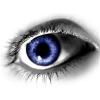
How Our Environment Affects Color Vision
Source Institutions
In this lab (Activity #1 on page), learners explore how we see color.
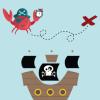
Eyepatch Challenge
Source Institutions
In this activity, learners construct an indoors obstacle course and discover how using an eye patch can help them complete the course in the dark.
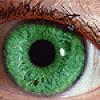
Our Sense of Sight: Eye Anatomy and Function
Source Institutions
In this activity, learners investigate the sense of sight and develop and conduct their own experiments.
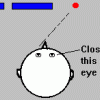
The Blind Spot
Source Institutions
In this activity (1st on the page), learners find their blind spot--the area on the retina without receptors that respond to light.
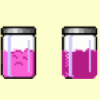
See It to Believe It: Visual Discrimination
Source Institutions
In this activity (12th on the page), learners investigate their ability to discriminate (see) different colors.
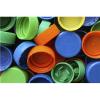
Dark Adaptation
Source Institutions
In this activity (6th on the page), learners investigate how photoreceptors in the eye (rods and cones) "adapt" to low light conditions.
